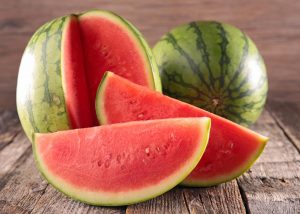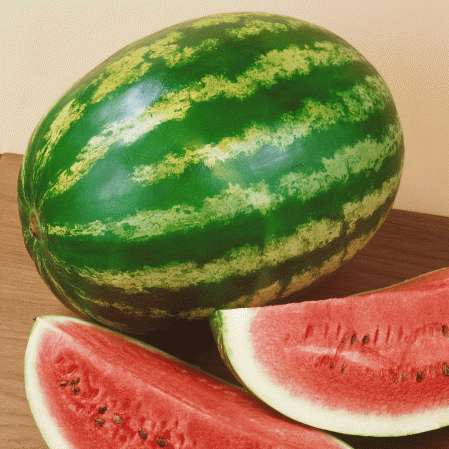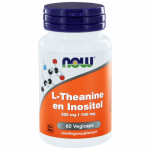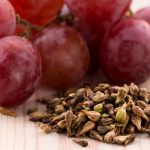A Spanish university research team is now suggesting that it’s possible to dramatically reduce the amount of muscle soreness you feel after an intense workout if only you eat a couple of big pieces of watermelon before you hit the gym.
That’s right, nutritionists and researchers working out of a university in Spain are arguing that watermelon (and the fact that it is loaded with L-Citrulline) makes it a no-brainer pre-workout snack that will help you eliminate a lot of the soreness you would have felt from particularly intense workouts otherwise.

These nutritionists are publishing their information in a European sports nutrition journal, breaking down their methodology and explaining why they are so confident that eating a food rich in L-Citrulline will help you improve nitrogen levels in your muscles, speed up your recovery, and eliminate a lot of the inflammation you would have had to battle with before.
The university research team suggests that because L-Citrulline is the precursor element of L-Arginine, itself a precursor for nitrogen monoxide that plays a huge role in recovery after particularly intense workouts eating a bunch of watermelon before your workout helps to fill your tank with these critical biochemicals to give your recovery all the fuel it needs to move through the process much faster.
The basic premise for this research started off recognizing that nitrogen monoxide is a big piece of the puzzle when it comes to recovery while at the same time recognizing that L-Arginine (a very popular pre-workout/athletic supplement) can be preempted with L-Citrulline. Because L-Citrulline is absorbed through the liver slower (and has a higher bioavailability) it’s going to stick around much longer, offering critical resources to the body that might have otherwise been flushed out with solid or liquid waste.
The testing began by first looking at how our digestive system actually absorbed and interacted with the L-Citrulline found in watermelons. Fresh watermelon juice was used as was whole chunks of watermelon, though the researchers later noticed that the watermelon juice had a higher bioavailability rate with a significantly improved rate of absorption for L-Citrulline.
Test subject students were given ½ L of watermelon juice (or ½ L of placebo water) and then asked to go through 30 minutes of rigorous physical training.
After analyzing the data left over, the team of university researchers found that while watermelon juice did have a somewhat limiting impact on overall heart rate during physical exercise the impact was not all that significant – but what was significant was the overall impact watermelon juice had combating muscle soreness.
Muscle soreness (measured not only in how the test subjects felt but in the amount of nitrogen that was produced over a 24 block of time) was significantly lower in those that consumed watermelon juice in the lead up to their physical exercise and intense training compared to those that were consuming a placebo.
On top of that, researchers found that the muscle soreness benefits from watermelon juice weren’t just noticed by those that consumed raw juice but also those that had consumed pasteurized watermelon juice and even those that had eaten a couple of large chunks of watermelon that obviously had a lot of juice packed inside of them.
It sure looks like L-Citrulline (which later turns into L-Arginine, which later turns into nitrogen monoxide) is in fact an effective tool at helping people improve their performance, speed up there recovery process, and push back against muscle soreness that can make physically intense workouts even more daunting than they would have been on their own.
Sources:







